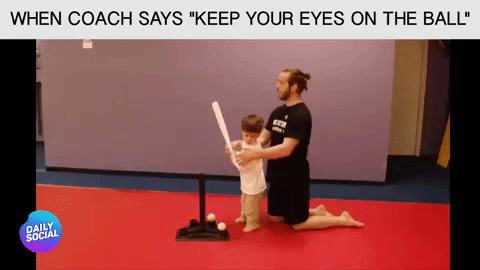If one wants to pioneer software engineering, they must learn languages.
Computer languages are similar to languages that we speak. People who speak multiple languages are generally good at understanding complex things because of the rich vocabulary. The more languages a person knows, wider is their horizon. It has been scientifically proven that learning languages rewires the brain and improves the memory. The same can be said about programming languages. Every language has its own paradigm and concept that its built on. Even if a person doesn’t want to use the language, I believe they must read about it. It’s the best way to understand different concepts, principles and constructs and to come up with a new one.
Every programming language is built on an idea and more often than not, it is unique. Programming languages are usually built on new fundamental ideas about software engineering and solve certain types of problem really well. That’s why functional programming languages are different from object-oriented from procedural languages. One can take principles from these languages and re-construct in the language of their choice if they want to, for example now many regular programming languages support functionalities of functional languages.
After learning few languages I have stopped thinking in terms of languages. I use my understanding of languages to map solutions of a problem. I then try to find the constructs which can help me in implementation in the easiest way. Easiest way may not be a best way but then that is a trade-off that one has to take while building a product.
More often than not, one doesn’t need to build the best product but only the product that works.
Once a person get hold of few languages, it also become easy for them to learn new languages because the major part of any language is redundant. It’s only the new concepts that take time and they are not many usually. Often the learning curve is not steep if the language is of the same paradigm that you are used to. Usually a person doesn’t need to work on more than 2-3 languages at a time and that is enough to implement the foreign concepts from the different languages. Although, it takes time to reach that stage but it is achievable. Hope to see you there!
